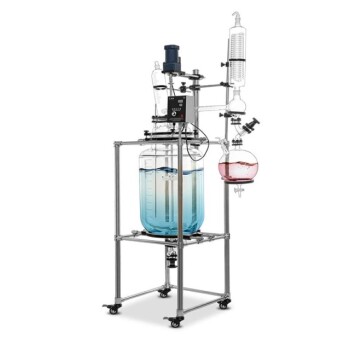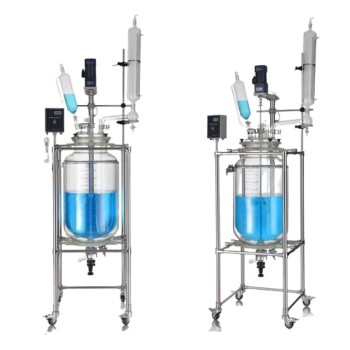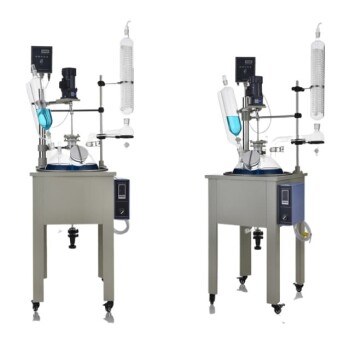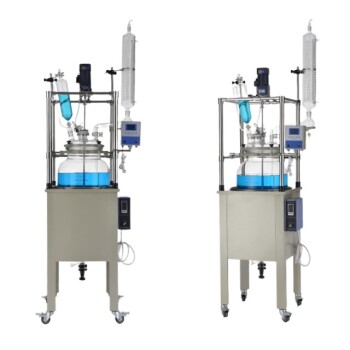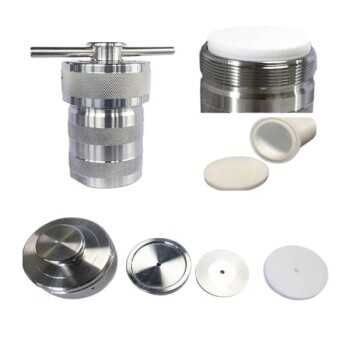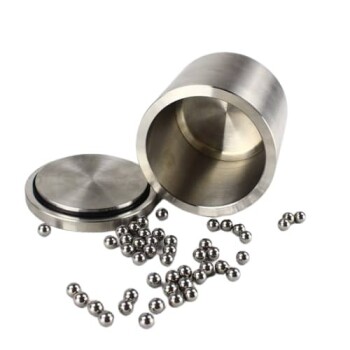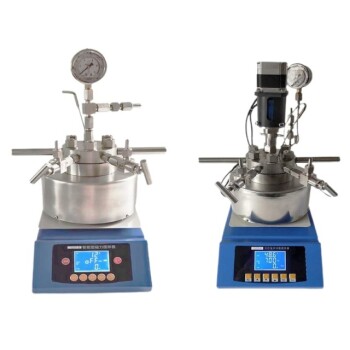Jacketed vessels, particularly jacketed reactors, offer numerous advantages that make them indispensable in various industries such as pharmaceuticals, chemicals, food, and color industries. These vessels enhance temperature control, improve product quality, and provide reliable and consistent results. They are designed for efficient heat transfer, space-saving, and leak-free operation, making them ideal for scaling up reactions and increasing yield. Additionally, their composite construction of metal and glass ensures strength, corrosion resistance, and a non-contaminating surface. The ability to upgrade to automation further enhances their utility and reliability.
Key Points Explained:
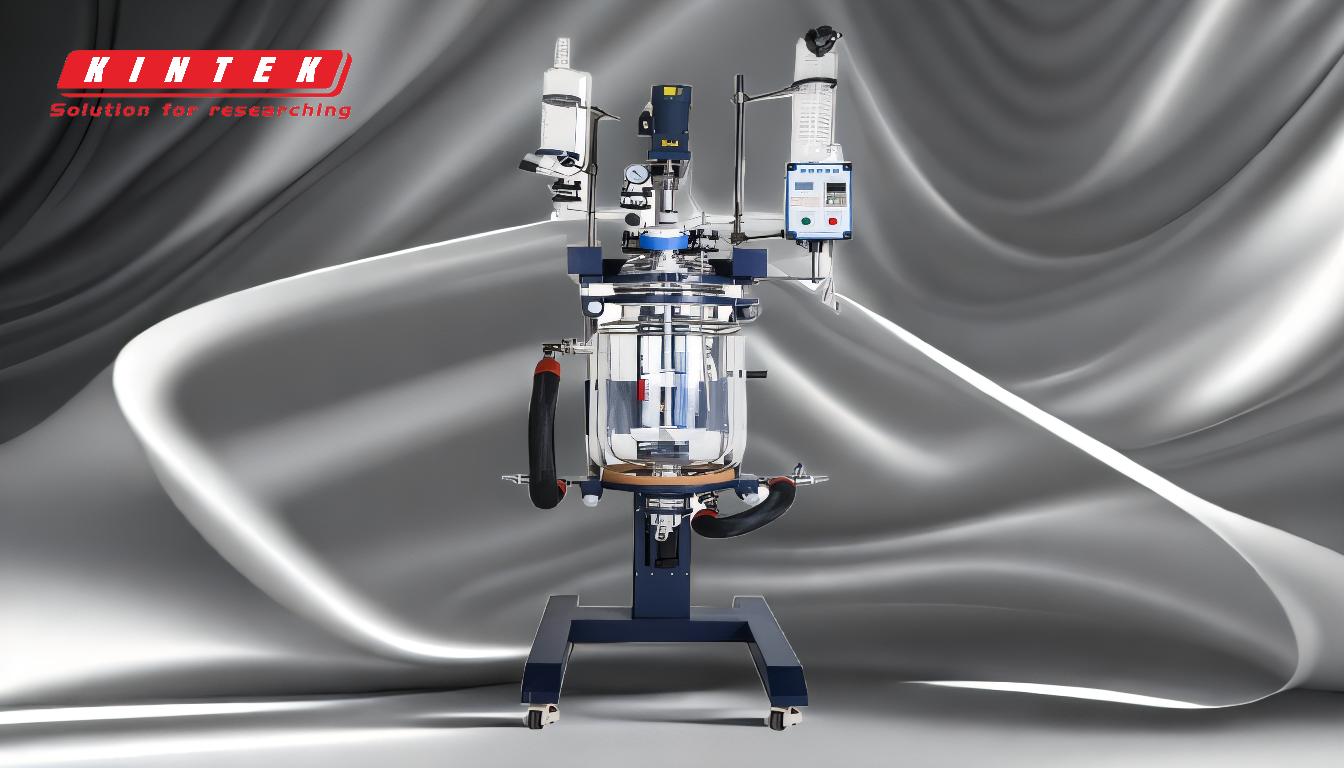
-
Enhanced Temperature Control
- Jacketed vessels allow for precise heating and cooling of reactions, which is critical for maintaining the quality and safety of the final product. The uniform heat transfer ensures that the temperature is evenly distributed throughout the vessel, reducing the risk of hot spots or uneven reactions.
-
Improved Product Quality
- The consistent and reliable temperature control provided by jacketed vessels leads to improved product quality. This is particularly important in industries like pharmaceuticals and food, where product consistency and safety are paramount.
-
Efficient Heat Transfer
- The design of jacketed vessels facilitates efficient heat transfer through the walls of the vessel. This ensures that the reactants or fluids within the vessel are heated or cooled uniformly, leading to more efficient and effective reactions.
-
Higher Flow Volume
- Jacketed vessels provide a higher volume of flow due to a lower pressure drop. This allows for more efficient processing and can lead to increased yield from the process materials being utilized.
-
Directed Flow
- The ability to direct flow to specific parts of the jacket allows for more precise control over the reaction process. This can be particularly useful in complex reactions where different parts of the vessel may require different temperatures or conditions.
-
Space-Saving Design
- Jacketed vessels are designed to be space-efficient, making them ideal for laboratories and production facilities where space is at a premium. Their compact design does not compromise on functionality or performance.
-
Leak-Free Operation
- The construction of jacketed vessels ensures leak-free operation, which is critical for maintaining the integrity of the reaction and preventing contamination. This is especially important in industries where even minor leaks can lead to significant issues.
-
Ease of Use
- Jacketed vessels are designed to be user-friendly, with features that make them easy to operate and maintain. This includes quick vessel changes and the ability to record data directly to a PC, which simplifies the monitoring and control of reactions.
-
Faster Reaction Times
- The efficient heat transfer and precise temperature control provided by jacketed vessels can lead to faster reaction times. This can increase productivity and reduce the time required to complete complex reactions.
-
Maximum Chemical Resistance
- The composite construction of metal and glass provides maximum chemical resistance, ensuring that the vessel can withstand harsh chemical environments without degrading or contaminating the reactants.
-
Wide Temperature and Pressure Range
- Jacketed vessels are capable of operating over a wide range of temperatures and pressures, making them versatile and suitable for a variety of reactions and processes.
-
Upgradability to Automation
- Many jacketed vessels can be upgraded to include automation features, which can further enhance their reliability and efficiency. Automation allows for more precise control over the reaction process and can reduce the need for manual intervention.
-
Reliability and Consistency
- The design and construction of jacketed vessels ensure reliable and consistent results, which is critical for scaling up reactions and increasing yield. This reliability makes them a preferred choice for many industries.
In summary, jacketed vessels offer a comprehensive range of advantages that make them essential for efficient and effective reaction processes. Their ability to provide precise temperature control, efficient heat transfer, and reliable operation ensures that they are a valuable asset in any laboratory or production facility.
Summary Table:
| Advantage | Description |
|---|---|
| Enhanced Temperature Control | Precise heating and cooling for uniform heat distribution and consistent results. |
| Improved Product Quality | Ensures product consistency and safety, especially in pharmaceuticals and food. |
| Efficient Heat Transfer | Uniform heating/cooling for faster, more effective reactions. |
| Higher Flow Volume | Lower pressure drop for increased yield and efficient processing. |
| Directed Flow | Targeted flow control for complex reactions requiring specific conditions. |
| Space-Saving Design | Compact and functional, ideal for labs and facilities with limited space. |
| Leak-Free Operation | Prevents contamination and ensures reaction integrity. |
| Ease of Use | User-friendly features like quick vessel changes and data recording. |
| Faster Reaction Times | Speeds up processes, increasing productivity. |
| Maximum Chemical Resistance | Metal and glass construction withstands harsh chemical environments. |
| Wide Temperature/Pressure Range | Versatile for various reactions and processes. |
| Upgradability to Automation | Enhances reliability and efficiency with automated control. |
| Reliability and Consistency | Ensures dependable results for scaling up reactions and increasing yield. |
Maximize your lab or production efficiency with jacketed vessels—contact our experts today to learn more!

